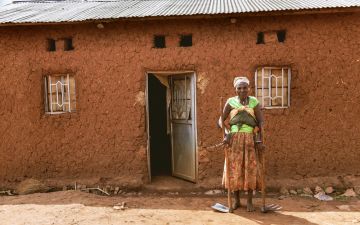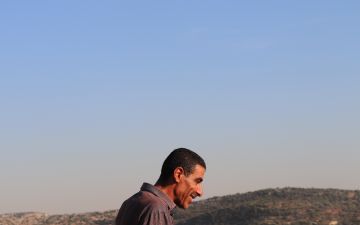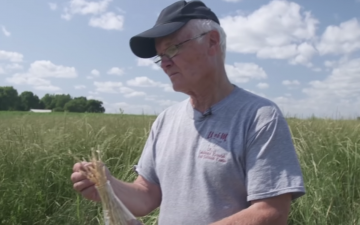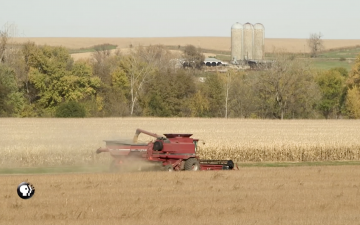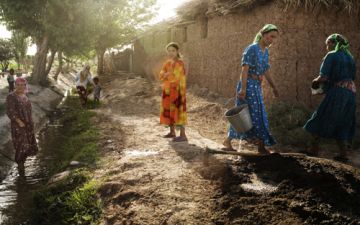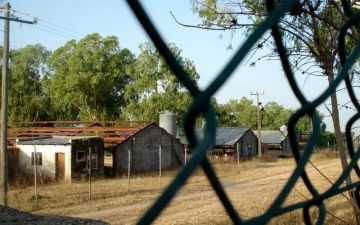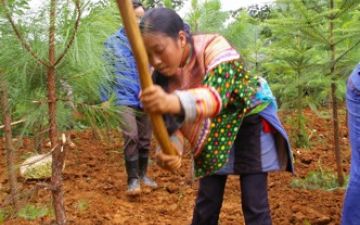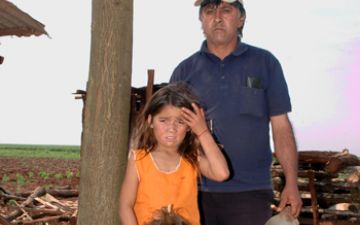The United Nations defines food security as "all people at all times hav[ing] both physical and economic access to the basic food they need." For approximately 2 billion people throughout the world, this security is anything but guaranteed. Food security is a complicated issue that is susceptible to many forces.
Insecurity results from climate change, urban development, population growth, and oil price shifts that are interconnected and rarely confined by borders. It's an issue of global importance, and explored in-depth in the articles, videos and comments you'll find here.
In Nigeria, Africa's most populous country, a legacy of corrupt governance and an economy based primarily on oil exports has left the agriculture sector significantly weakened and millions of Nigerians hungry. And as poorer neighboring countries export more food to Nigeria in exchange for petrodollars, people there also go hungry. In 2005, thousands of children in neighboring Niger died of malnutrition, not because the country had had a particularly bad harvest, but because there was a food shortage in Nigeria, and people in Niger could not afford the ensuing higher prices.
A different threat is set to face the continent's second biggest crop: wheat. In 1999, 50 years since the last outbreak, a new and virulent strain of stem rust attacked Ugandan crops. Its spores then traveled to Ethiopia and Kenya before appearing in Iran last year. The Food and Agriculture Organization of the United Nations has since warned six other countries in Central and South Asia to watch for signs of the new strain while scientists in the U.S. are urgently working to find a resistant wheat variety. In India alone, more than 50 million small-scale farmers are at risk because they rely on wheat for their food and income.
In Tajikistan, the global financial crisis is forcing thousands of newly unemployed Tajiks to return from Russia. In a country already straining to accommodate Tajik refugees from Afghanistan, the government's chronic mismanagement has amplified the power and food shortages that permeate the countryside.
In Guatemala, income inequality is among the worst in the world, with indigenous communities at a particular disadvantage. In some regions, an estimated 75 percent of the children from infants to the ages of 6 and 7 are chronically malnourished. It is a startling example of food scarcity in a country a mere four-hour flight away from the U.S.
Asia faced its own food crisis as the price of rice doubled last summer. Some hunger experts are seeking out large-scale responses, including stepping up commercial agricultural techniques by introducing genetically modified rice and related products into the region. Other more localized efforts by universities and organizations are providing training in sustainable techniques for traditional farming families and minority ethnic groups.
Pulitzer Center grantees explore the connected causes and effects of food insecurity including efforts to secure the physical and economic access to food in countries most in need.
Food was produced by the Pulitzer Center on Crisis Reporting in partnership with the Project for Under-Told Stories and Saint Mary's University.


